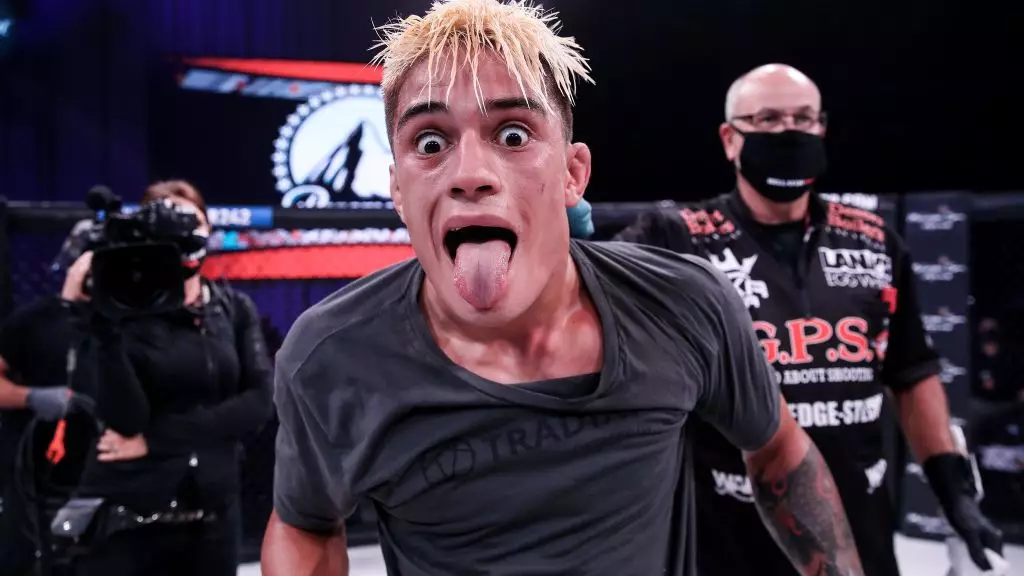In a recent turn of events within the world of mixed martial arts (MMA), fighter Jay Jay Wilson has found himself at the center of a controversial situation leading to his suspension by the United States Anti-Doping Agency (USADA). The suspension stemmed from a positive drug test for metenolone, a performance-enhancing substance that many athletes strive to avoid due to its stringent prohibition in professional sports. What complicates the case is the nature of Wilson’s positive test, which he attributes to a contaminated vape pen rather than any deliberate intent to enhance his performance. This incident raises questions not only about athlete conduct but also about the protocols surrounding doping tests and the potential for unforeseen contamination sources.
Wilson’s situation emphasizes the complexities involved in anti-doping regulations. After an arduous ten-month investigation, USADA validated Wilson’s contention that the metabolites found in his system could be linked to his use of a vape pen shortly after another individual had consumed metenolone. Such scientific nuances illustrate the intricate web of circumstances that can lead to an athlete testing positive for banned substances, often leading to unsettling ramifications for their careers. While USADA’s eventual recognition of the possibility of cross-contamination is a relief for Wilson, the question remains: how often do such situations escape detection, inadvertently risking the careers of countless athletes who rely on third-party products?
The ramifications of this case extend well beyond just Wilson’s suspension. For the 27-year-old fighter from New Zealand, who has exclusively competed under the Bellator banner until recently, this setback has derailed his career at a time when he had aspirations of climbing the ranks in the Professional Fighters League (PFL). His case serves as a poignant reminder of the precariousness of an athlete’s career, vulnerable to the unintended consequences of product contamination. The lack of communication from PFL regarding Wilson’s potential return adds another layer of uncertainty, not only for him but for fans and aspiring fighters watching the developments unfold.
As Wilson continues to navigate this tumultuous period, he has remained hopeful about his career prospects. In a recent Instagram post, he hinted at “exciting news,” which keeps the MMA community buzzing with speculation regarding his future in the sport. With his suspension retroactively applied from April 1, 2024, Wilson is now keenly awaiting his opportunity to return to competitive fighting. The PFL’s continued silence regarding its lightweight tournament roster leaves a cloud of uncertainty over his next steps. Nonetheless, the MMA landscape remains ever-changing, and Wilson’s resilience may well serve him as he seeks to overcome this chapter of challenges.
Jay Jay Wilson’s experience is a testament to the unpredictable nature of professional sports and the intricate details that can immensely impact an athlete’s career. As the industry grapples with the complexities of doping regulations and product safety, Wilson’s case may push for more rigorous standards and better transparency within the sport as it evolves.

